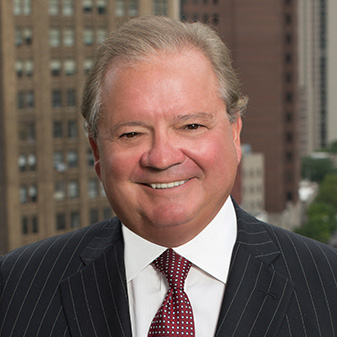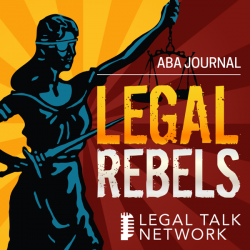Olson Previews Argument, Calls Campaign Law the ‘Antithesis of Free Speech’
The lawyer arguing the campaign finance case involving the banned broadcast of the documentary, Hillary: the Movie, previews his arguments in a newspaper column.
At issue in Citizens United v. Federal Election Commission is the constitutionality of the McCain-Feingold campaign finance law that bars corporations from using corporate treasury funds to support or oppose candidates before elections. The law led to the banning of the movie criticizing Hillary Clinton during the Democratic primaries.
Theodore Olson, the lawyer arguing on behalf of Citizens United, the conservative nonprofit group that made the film, writes in the Wall Street Journal that the law should be struck down as “the very antithesis of free speech.” The case will be argued before the U.S. Supreme Court on Wednesday.
“Tomorrow’s case is not about Citizens United. It is about the rights of all persons—individuals, associations, corporations and unions—to speak freely,” Olson writes.
Writing for the Washington Post, associate editor Robert Kaiser takes the other side. He argues that a decision striking down the restriction could end up “permitting a flood of corporate money into our electoral campaigns, which are already drenched in dollars.”
The case is being reargued because of an unusual order by the U.S. Supreme Court on the last day of its term asking the parties in the case to address whether prior precedent should be overturned. The outcome could test “the willingness of the court led by Chief Justice John G. Roberts Jr. to defy the decisions of Congress and to set aside its own precedents,” according to a separate Washington Post article.
Related coverage:
New York Times: “Supreme Court to Revisit ‘Hillary’ Documentary”
The Volokh Conspiracy: “Why is the Court Reconsidering Austin?”



